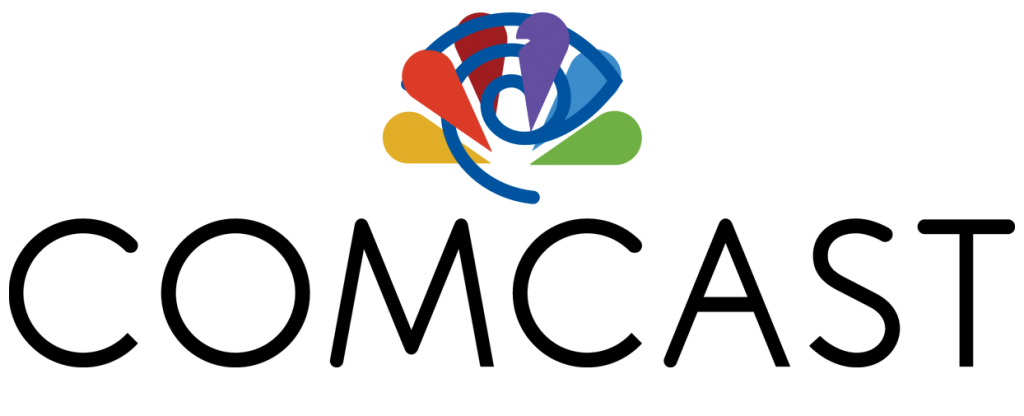Comcast Agrees To Buy Time Warner Cable For $45 Billion
 A month after Time Warner Cable laughed off Charter’s $37 billion merger offer, the cable company has reached a $45 billion deal with Comcast that would make its nearly 15 million customers permanent citizens of Kabletown.
A month after Time Warner Cable laughed off Charter’s $37 billion merger offer, the cable company has reached a $45 billion deal with Comcast that would make its nearly 15 million customers permanent citizens of Kabletown.
————
UPDATE: In a conference call this morning, the two companies confirmed the deal, valued at a total of $45.2 billion.
“The combination of Time Warner Cable and Comcast creates an exciting opportunity for our company, for our customers, and for our shareholders,” said Brian Roberts, Chairman and CEO of Comcast and Kabletown scion. “In addition to creating a world-class company, this is a compelling financial and strategic transaction for our shareholders… We are looking forward to working with his team as we bring our companies together to deliver the most innovative products and services and a superior customer experience within the highly competitive and dynamic marketplace in which we operate.”
Spankin’ new TWC CEO Rob Marcus, who had recently vowed to bring huge improvements to his beleaguered company, appears to be happy with the arrangement, as he’ll now not have to make good on any of those promises and will probably end up only spending about a year as the lame duck leader of a multibillion-dollar cable/Internet giant.
“This combination creates a company that delivers maximum value for our shareholders, enormous opportunities for our employees and a superior experience for our customers,” said Marcus, who was presumably already daydreaming about his impending retirement to some private tropical island, as he will not be taking the reins at the merged company (assuming it makes it through the regulatory approval process). No, those duties will be handed over to Kabletown lackey Neil Smit, who has been CEO of Comcast’s cable TV division since 2010. “Comcast and Time Warner Cable have been the leaders in all of the industry’s most important innovations of the last 25 years and this merger will accelerate the pace of that innovation. Brian Roberts, Neil Smit, Michael Angelakis and the Comcast management team have built an industry-leading platform and innovative products and services, and we’re excited to be part of delivering all of the possibilities of cable’s superior broadband networks to more American consumers.”
In its announcement, Comcast says it is generously willing to divest itself of some of its customer base in order to sink its teeth into the juicy, tempting, oh-so-tasty NYC and L.A. markets that Time Warner Cable has long dominated.
To us, that’s a sign that Comcast knows that the regulatory review process will be a huge pain. If the company is willing to put a few million customers on the table now, it likely expects it will be asked to give up a lot more at some point down the road.
——————
Citing the always-reliable “people familiar with the situation,” the Wall Street Journal reports that the deal will be officially announced in the morning.
Of course, just because two of the most-hated cable and Internet providers in the country have agreed to get hitched doesn’t mean it will ultimately happen. The merger would need pass regulatory muster with both the Justice Dept.’s antitrust folks and the FCC.
Back in 2010, the regulators took a lot of heat when they signed off on Comcast’s acquisition of NBC, allowing the nation’s cable company to purchase one of its largest broadcasters and content producers.
Almost immediately following that approval, then-FCC commissioner Meredith Attwell Baker fled her government gig to accept a job… at Comcast, as Senior Vice President of Government Affairs.
In the years since, the FCC has been more skeptical of major mergers in already uncompetitive markets. First, both it and the DOJ shut down AT&T’s attempted acquisition of T-Mobile USA, and more recently has reportedly warned Sprint leadership that it probably wouldn’t approve that company’s planned bid to buy T-Mobile.
The big question is whether or not the regulators will view a Comcast/TWC merger as hurting competition.
On the one hand, it would mean the removal from the marketplace of the second-largest terrestrial cable provider (DirecTV has significantly more satellite TV subscribers, but does not really compete with TWC and Comcast for Internet service).
On the other side of the argument, there is little to no overlap of TWC and Comcast markets, as most consumers have no option to choose between the two providers for service. So it would mean that affected consumers would go from have no choice… to still having no choice.
One likely important factor that would not be as consumer-facing but would still have a huge impact on consumers is the leverage that a combined Comcast/TWC would have with regard to bandwidth. With the recent removal of net neutrality regulations, Internet service providers have the ability to charge whatever they want to — or to block or slow down traffic for — online content providers.
As part of the Comcast/NBC deal, the company agreed to abide by net neutrality rules through 2018, but after that it will be able to leverage its size and customer base to charge premiums to competing content providers like Netflix and Amazon while simultaneously giving priority access to its own content.
It will be months until the review process begins in earnest, but we’ll be keeping an eye on this story as it develops.
You can now follow Chris on Twitter: @themorrancave
Want more consumer news? Visit our parent organization, Consumer Reports, for the latest on scams, recalls, and other consumer issues.

